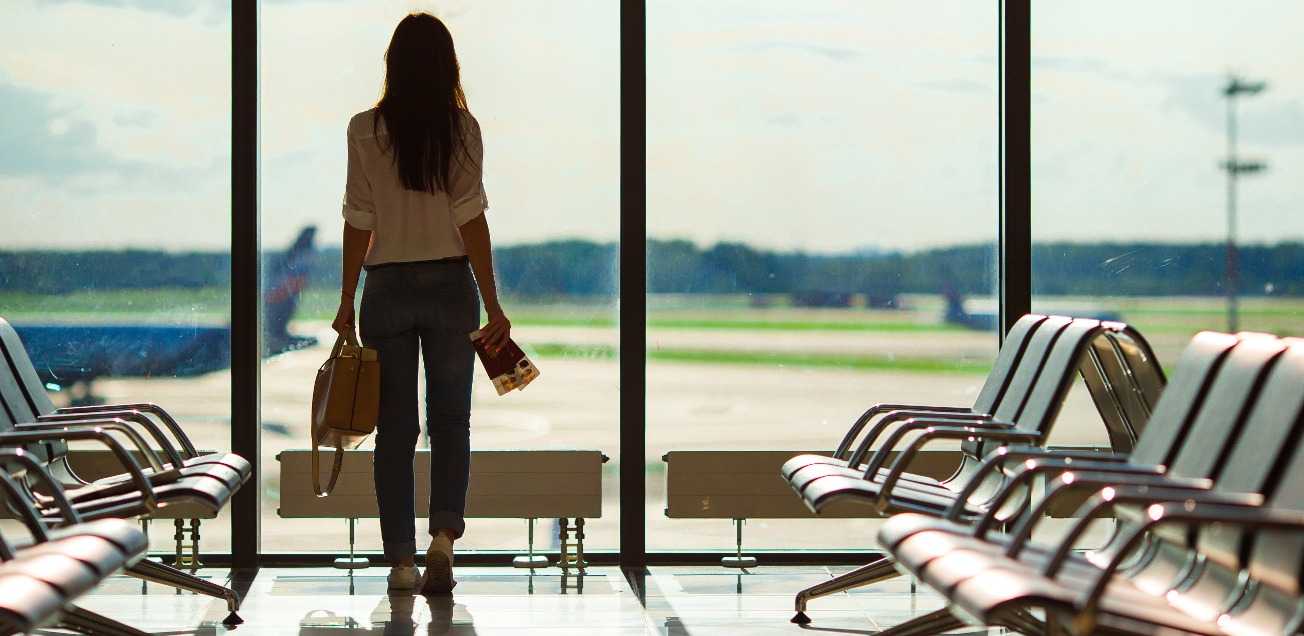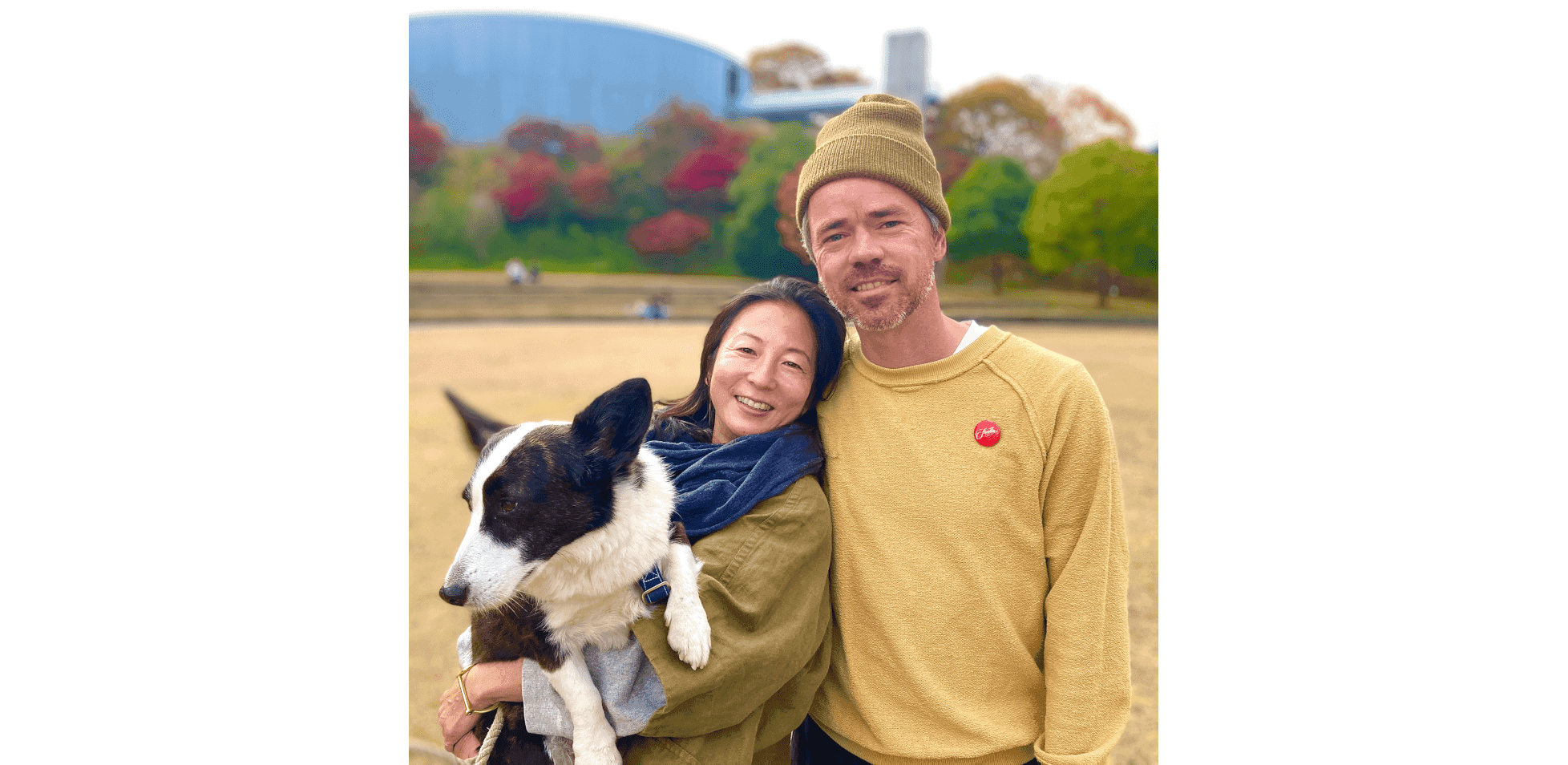Ten Habits I Have Adopted from Germany
Overcoming the initial culture shock and coming to appreciate local customs and habits can be a long process. I have been living in Germany for over four years now, though, and can definitely say I’ve picked up more than a few local habits! Some I loved right away, whereas others took me a while to adapt.

Opening the Window All Year Round
I’m from North Carolina, where we have central heating, air conditioning, and ceiling fans. Therefore, unless the temperature outside is absolutely perfect, or you have really smelly roommates, you rarely open the window. However, since moving to Germany, I have slowly become a believer in the need to “change over the air.”
What does changing over the air mean, you may ask? Oftentimes it just means opening the window as wide as possible (no matter what the weather is like) to let the “old” air out. Does this actually work? I have no idea, but it does lead to better-smelling rooms and can help you wake up after a heavy German meal.
Dressing for the Weather
“There is no such thing as bad weather, only bad clothing.” This is a strongly held belief in Germany! Even on the coldest, dreariest day you’ll see people out running or children playing outdoors. It’s only 50 degrees Fahrenheit (10 Celsius) outside, but the sun is out — you can expect to see people sitting outside at restaurants, huddled under a blanket. People truly appreciate being outdoors, and I have come to appreciate it as well!

Not Answering Work Emails on Vacation
In many countries, especially the US, you are often expected to answer emails at all times, even on vacation. While I am sure this is the case for some people in Germany too, especially those in management positions, overall, it is more widely accepted that when you are on vacation you are on vacation.
I have actually been scolded by a German co-worker for being too reachable when traveling. “The office will manage without you” is essentially what she told me, so I finally switched my work account off on my phone, and this made it a much more relaxing trip.
Taking a Sick Day
Just like working on vacation, working when you are ill is also seen by many in the US as a sign that you’re dedicated to your job. Not so in Deutschland! Here you will get asked why you are coming into the office and passing all your germs around. Your coworkers would much prefer that you stay home and rest than come in and get everyone else sick, too.

Frequenting Bakeries
I always thought the notion of neighborhood bakeries to be something that only exists in movies — or perhaps in France — but I was mistaken. Bakeries are just as popular as beer in Germany, and rightly so!
From buttered pretzels (yes, a pretzel cut in half, buttered, and stuck back together) to Quarktaschen to Kuchen and just good old-fashioned Brot, Germans take their bakeries seriously. Whether you’d like to pop in for a relaxed coffee on the weekend, stock up on fresh bread, or grab a pretzel to go, bakeries are truly the best.
Doing Nothing on a Sunday
Lazy Sundays are a habit that I did not adopt by choice, but one that I have come to appreciate nevertheless. In most of Germany, all shops (with the exception of some stores at the train station and gas stations) are closed. Yes, all shops. No quick trips to the grocery store, no shopping for your friend’s birthday present — you can’t even get toilet paper at the corner bodega.
While this can be incredibly frustrating when you wake up on a Sunday with the desire to create a meal which you only have two of the ingredients for, it also can be a great thing. Not being able to shop for a whole day means you find other things to do. Whether this is hiking in the Alps or spending the day with family and friends, it’s good to have a day where you don’t feel the pressure to cross something off your shopping list.

Walking Places
Back home I drive everywhere, as the only place within walking distance is a small gas station, and there is no sidewalk to get to it. Yet in the four years since I moved abroad, I haven’t driven once in my new country. While I sometimes miss the ability to drive aimlessly on a beautiful day with music blaring and the windows down, I love being able to walk everywhere. Grocery store — one minute down the street, bakeries — five of them within easy reach, decent Italian food — right downstairs.
When the distance is too far or the weather is too bad, I can just hop on public transport. Riding in a car actually feels weird here, as I do it so rarely. Walking is a great way to clear your head and work off all the calories consumed in the bakery.
Being More Direct
Coming from “the South”, I am quite used to people being extremely polite, sometimes to the point where you cannot tell what is sincere or what is just good manners. Being overly polite is great for many situations, but sometimes it is better just to get to the point.
If you ask the sales lady in a dirndl shop in Munich how the dress looks on you — she will tell you the truth. If a colleague doesn’t agree with you on a project, they will say it. At first this can be unsettling, but I have found it can also lead to quicker and better results!

Shopping More Often for Groceries
In the US grocery stores and the items they sell are large! If you want, you can stock up on groceries for a whole week or two and then take them home to your huge fridge and pantry. In Germany, everything comes in a smaller package, from chips to milk to meat. Refrigerators are also much smaller, and freezers range from miniscule to nonexistent.
So you shop for what you can consume in a short period. It took some getting used to, but I find it much less wasteful and often cheaper to just buy what I need at the time, knowing I can easily run down the street to get something else.
Wearing Traditional Clothing
When many US Americans think of Germany, pictures of men and woman dressed in traditional clothing and drinking a Maß come to mind. While on a day-to-day basis this stereotype isn’t true (particularly outside Bavaria), during Oktoberfest and a few other times each year, it is impossible to walk down the street in Munich without seeing someone in Tracht.
You can’t help but get in a festive spirit when you put on your favorite dirndl or break out your now worn-in lederhosen. There is nothing quite like it back home, and if I ever move back, this is one habit I will absolutely miss!

Advertisement
About Erin McBrayer
Erin McBrayer is a US American expat living in Munich, Germany. Originally from the state of North Carolina, she moved to Germany several years ago and found a new home in Bavaria. Erin is the Social Media Manager at InterNations and an avid traveler, who explores cities one meal at a time.
Article topics
Related articles
Life Begins Where Familiarity Ends
InterNations has over 2.8 million members, each with their own reason for making the often difficult decision to move abroad. We wanted to hear more about what drove them to become an expat and modern-day pioneer.
Why Being an Expat Means Always Having to Say Goodbye
Living abroad is not always blue skies and smooth sailing — expat life comes with its downsides. Goodbyes, for example, are a constant companion for expats, from the first parting to the string of international friends that come and go as often as flights from London to New York.
You Let Go, You Let Grow
For InterNations member Agakura, moving abroad was not just a dream come true, it also meant a change of pace. Her life in Barcelona taught her to slow down and enjoy the precious moments. Read about her experience of letting go and settling in abroad.
Why Expats Need Expats
A million years ago, before my husband and I had children, we lived in Canada. We’re Australians, by the way. At the time, young and carefree, we were blissfully unaware of all the ramifications and inter-cultural subtleties of the term expat.
Starting a Long Haul
In 2020, Chad and his wife caught the last flight to Japan before the borders closed. In the beginning, getting around required a lot of help of Google Translate. But when he found his skateboarding crew, he started to settle in.




